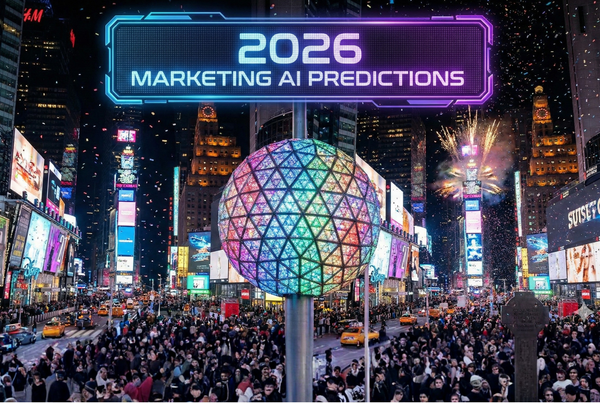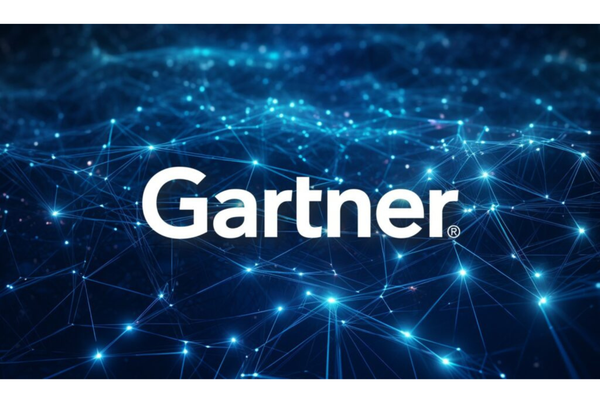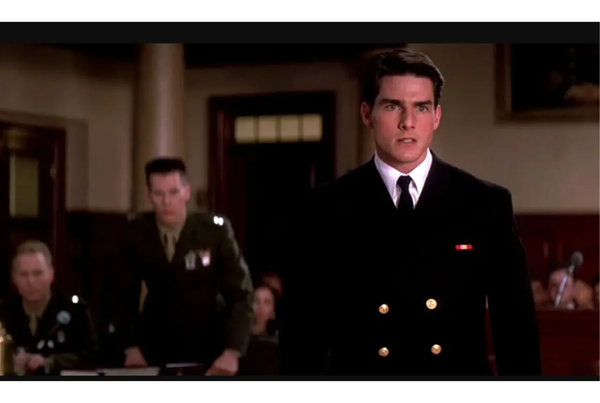Hiring Marketing Talent Today, When AI Is Still Rewriting the Job Description
Questions to ask marketing candidates right now to assess their judgement, adaptability, and fluency with AI as a creative partner.

If you’re hiring the way you did even two years ago, you’re hiring for a world that no longer exists. The marketing world is evolving quickly, but AI isn’t just giving us better tools. It’s changing the nature of the work. That kind of shift demands a new approach to hiring: a change in what you look for in candidates and how you evaluate them in an interview.
Last month, in Marketing Jobs in the AI Operating System, I explored the future roles marketers may soon hold as AI becomes the operating system of marketing.
But that’s a vision for tomorrow, and we’re not fully there yet. If you need to hire someone today, you’re navigating a world where AI is still new, fast-changing, and unevenly understood. So what do you actually look for in a candidate right now?
The best candidates treat AI as a management challenge, not a technical one. - John Miller on LinkedIn
This was the message from Jon Miller’s LinkedIn post a month ago on identifying AI-forward marketing leadership. Miller argues that the strongest candidates don’t just use AI, they talk about transforming processes, redesigning workflows, and rethinking how teams operate. In other words, they see AI not as just a productivity tool but as a catalyst for systems-level change.
Here’s how to think about hiring future-proof marketers at every level in this chaotic, high-velocity AI moment.
What Are You Even Hiring For Anymore?
Most job descriptions are outdated. They’re built for a world where marketers “own” copy, campaigns, and content.
In the past, marketing teams valued deep specialization—experts in SEO, copywriting, or paid media who thrived in clearly defined roles. But with AI automating many of those narrow tasks, the most valuable marketers today are those with range: people who can think across systems, orchestrate tools, and apply judgment.
But with AI doing much of the heavy lifting, what you really need now is someone who can:
- Think in systems, not silos – AI doesn’t stay in its lane. Neither should your marketers.
- Design smart prompts and workflows – You don’t need writers. You need orchestrators.
- Ask better questions than the AI can answer – Strategic thinking is the new premium skill.
- Interpret outputs, not just generate them – AI will draft it. You need someone who knows if it works.
Echoing Miller’s first theme, it’s no longer enough to ask whether someone can “use AI”—you need to understand how they’re embedding it into their systems and tech stack. Are they building new workflows, accelerating experimentation, and shifting how work gets done? Those are the real signals of AI fluency.
So what are you really hiring for? Not just execution. Not even creativity alone. You’re hiring for judgment, adaptability, and fluency with AI as a creative partner.
What to Ask in Interviews
Your traditional interview questions and still useful, but you’ll need to add a new layer - your AI Adaptability Filter. Here are some essential questions taken from John Miller's post and my personal perspectives:
- What AI tools have you tried recently, and how did you use them? Look for specific, practical examples—not vague references.
- What benefit or business impact did you see from it? Its important they can talk to measurable improvements, and working differently,
- If I gave you a brief for a campaign, how would you use AI to execute it faster and better? They should talk workflow and orchestration from start to finish, not just “ask ChatGPT.”
- How do you know when to trust AI output, and when to override it?This tests judgment, not just technical skill.
- Tell me about a time you used an AI tool and it failed. What did you learn? Hiring for humility, resilience, and iteration—not just wins.
- What’s your process for staying current with emerging tools? You want someone with a curious mindset and active experimentation habit.
- What’s something you’ve done with AI in the last 6–12 months that you couldn’t have done before? This surfaces frontier experimentation—exactly what Miller highlights as a key signal of modern leadership.
- Are there things you'd like to do with AI next, that you haven't done yet? Look for an understanding of the roadmap thinking, how AI is emerging, and how others are changing the way they work.
Hire for Insight, Not Just Output
AI leadership isn’t about having all the answers. AI will continue improving at the “doing.” But it’s nowhere close to replacing marketers who understand the why, the what it means, and the what’s next.
Hire the marketers who know what’s worth doing, and how to make the tools do the work. Your future marketing team won’t be made of tacticians—it will be built of thinkers, orchestrators, and tool-savvy strategists.





